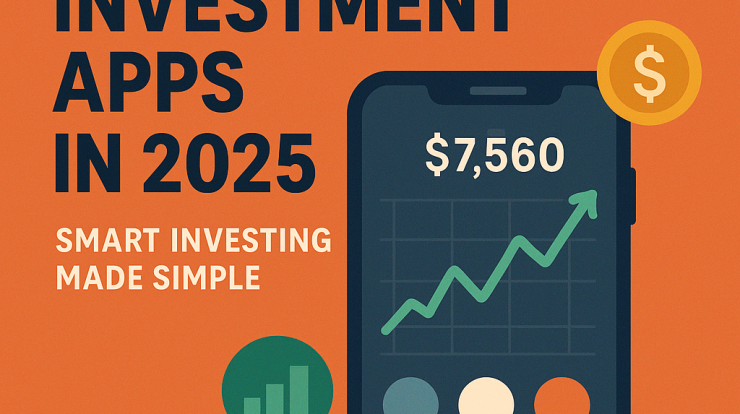
Navigating the digital landscape of education can be tricky. Online degrees are popping up everywhere, promising flexibility and convenience, but are they the golden ticket to academic achievement, or just a flashy mirage?
We’ve all heard the hype. Online degrees: they’re flexible, convenient, and accessible to anyone with a laptop and an internet connection. But is this digital utopia all it’s cracked up to be, or is it a mirage built on promises? Let’s dive in and explore the fascinating world of online degrees.
The convenience factor is undeniable. Imagine studying from your living room, fitting classes around your work schedule, or even traveling while earning your degree. The promise of this flexibility is alluring, and many people see it as a game changer. We’re all in on that flexibility, right?
But beneath the surface of this digital convenience lies a deeper query. Are these online degrees truly as valuable as their brick-and-mortar counterparts? Are they accredited, recognized by employers, and ultimately worth the investment? These aren’t simple querys, and the answers aren’t always clear-cut.
One major facet to consider is accreditation. Not all online programs are created equal. A recognized, accredited degree opens doors to opportunities, while a program lacking accreditation might have queryable value. Imagine investing in a house with no blueprints or permits, is that a wise decision? Similar for degrees
Related Post : The Shocking Truth About Elite Education – Is It Really Worth the Cost?
Then there’s the issue of student support and interaction. Can a virtual learning environment offer the same level of connection and mentorship as a traditional classroom? Does it cater to diverse learning styles? Let’s think about this from the student’s perspective. How can we cater to varying learning styles?
Ultimately, the decision of pursuing an online degree comes down to personal circumstances and expectations. Ask yourself: what are my career objectives? What’s my learning style? Am I motivated enough to learn independently? Understanding these factors is crucial before taking the leap.
Flexibility is certainly a draw, but consider the time commitment. Online learning demands self-discipline and motivation, because let’s be honest, there is nobody watching you. A degree is a journey, not a destination, and it requires commitment.
An crucial consideration is cost. While online programs can potentially be more affordable in certain cases, this is often not always the case, and sometimes a face-to-face program costs the same. Do your study carefully and compare costs between online and traditional programs.
Online degrees offer a new frontier in education, promising flexibility and accessibility. They are not a scam but can be challenging, too. Are they the future? Time will tell. It’s crucial for anyone considering an online degree to delve deep, do their homework and avoid the hype! This means you need to be serious and diligent about studying each school carefully and thoroughly to make the right decision for you, to make a well-informed decision. Remember that it’s about you and not everyone else around you or the trends happening out there in the industryplace or in the economy. You must decide yourself.
What are the most common querys people have about online degrees? We address these in our FAQ.
Ultimately, online degrees are not a one-size-fits-all solution. Their efficacy hinges on individual circumstances, commitment, and the specific program. We encourage prospective students to thoroughly study programs, consider their learning style, and weigh the practical implications before committing to an online degree. With careful consideration and a clear understanding of both the benefits and challenges, an online degree can be a powerful tool for personal and professional growth.


